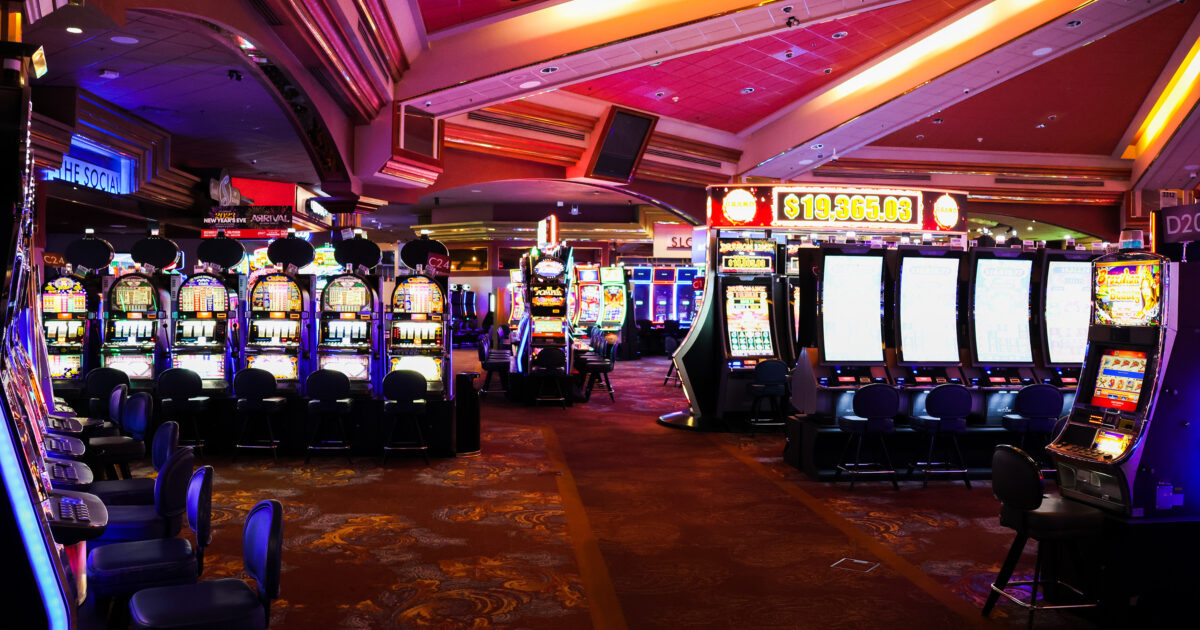
In the world of gambling, in which chance and strategy intersect, a unique tapestry of beliefs emerges—one that intertwines luck, fate, and the enigmatic nature of casino games. Casinos, bustling with excitement and anticipation, are not just venues for placing bets; they are also arenas where superstitions thrive. From the novice player to the seasoned gambler, these mysterious practices often shape how individuals approach the games they play, believing that their actions can influence the outcome in ways that go beyond mere probability.
When players gather around roulette wheels, blackjack tables, and slot machines, the atmosphere is thick with stories of lucky charms, rituals, and codified behavior that defy logic yet provide a sense of comfort. It could be the case that it’s wearing a specific outfit, following a particular sequence of bets, or even avoiding certain numbers, the attachment to various superstitions reflects a deep-rooted desire to manipulate the uncontrollable. This article delves into the captivating world of casino game superstitions, exploring the beliefs that both entertain and mystify those who dare to play.
Historical Roots of Superstitions
Betting activities have long been connected with an variety of superstitions that trace to ancient societies. The origins of these beliefs can be connected to humanity’s intrinsic wish to manage the random outcomes associated with chance and randomness. In early civilizations, games of uncertainty were often tied to religious practices. Players would invoke aid or ask for favor from deities, believing that their actions could influence the results in their advantage. This groundwork laid the basis for the variety of superstitions that spread as betting evolved over centuries.
During the Middle Ages, gambling became a common hobby across Europe, and with it, a colorful tapestry of superstitions developed. Players adopted numerous rituals and charms, believing they could influence the outcome of games. The significance of digits, in particular, started to manifest in superstitions pertaining to card games and dice. The number seven was often considered auspicious, while different numbers carried negative connotations. These notions mirrored the cultural contexts of the time, changing as they moved through generations and transformed to new gaming environments.
As gambling houses developed in the 17th century, particularly in Italy and France, the atmosphere surrounding gambling became steeped in mystery. The growing accessibility of casino games allowed for the dissemination and variation of superstitions among players. Concepts like lucky charms, designated seating positions, and rituals gained importance, creating a special culture within betting houses. As these traditions continued to thrive, they became essential to the identity of gambling activities, illustrating how historical developments and tradition shape the notions that influence how players engage with fortune.
Widespread Casino Myths
Beliefs surrounding gambling games are plentiful and varied, mirroring the dreams and anxieties of players as they engage in random activities. One of the most prevalent beliefs is that certain numbers bring luck or misfortune. For example, the digit seven is often seen as a lucky digit, frequently embraced by gamblers looking for a favorable result. Conversely, the digit thirteen is routinely considered cursed, leading many players to avoid it during their gambling periods.
A frequent belief relates to practices that gamblers believe can influence their chances. It could be blowing gently on dice before a throw, using a specific gesture to place a wager, or even putting on particular items of attire, many people feel that these rituals can sway luck in their benefit. KWIN These rituals offer a sense of control in an otherwise random environment, reinforcing the idea that fortune can be manufactured through personal convictions and habits.
Finally, the ambiance and atmosphere of the casino itself adds to superstition. Many players suggest that the presence of certain icons, such as four-leaf clovers or lucky coins, can enhance their chances of winning. Additionally, gamblers might adhere to the belief that victory streaks can be interrupted by mundane events, such as a person passing by or a accident at the table. The collective environment in a gambling house can amplify these beliefs, creating a shared culture of myths that goes beyond single encounters.
Impact of Superstitions on Players
Beliefs play a significant role in the mindset of casino players, often influencing their actions and decision-making. A lot of gamblers believe that luck can be influenced through various rituals, such as donning a talisman, choosing particular hues, or steering clear of particular digits. This reliance on superstitions can create a feeling of authority in an environment that is inherently unpredictable. Players often feel more self-assured and engaged when they feel that their actions could sway the outcome of a game in their advantage.
The impact of these superstitions extends past singular players, affecting the general atmosphere inside the casino. For example, a player who holds the belief in the luck of a particular slot machine might attract a crowd, as others are intrigued by their apparent success. This shared belief can heighten excitement and create a lively environment, leading to an engaging experience even for those who may not necessarily be believers themselves. The excitement around specific games can lead to increased participation and longer playing sessions, supporting the casino’s vibrant social scene.
In some cases, superstitions can lead to harmful effects for players. Depending too much on rituals can result in bad gambling decisions, as some may overlook basic strategies in favor of baseless beliefs. Additionally, the pressure to perform rituals may heighten anxiety and stress levels, diminishing from the enjoyment of the experience. Ultimately, while superstitions can enhance the thrill of playing casino games, they can also lead to unwise choices that overshadow the fun and entertainment intended in the casino experience.